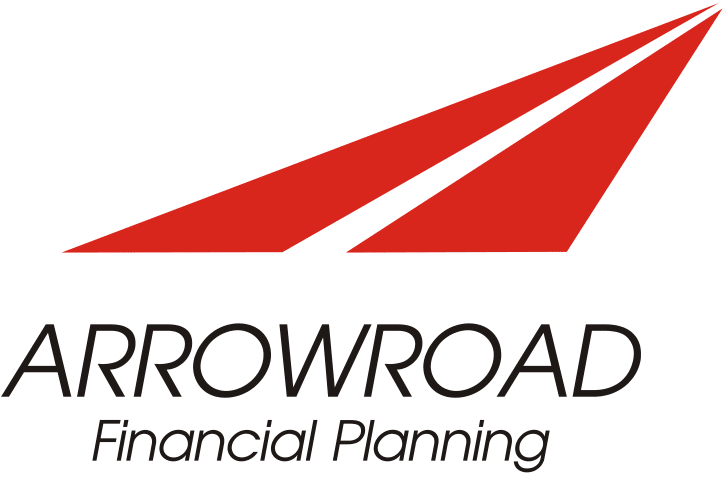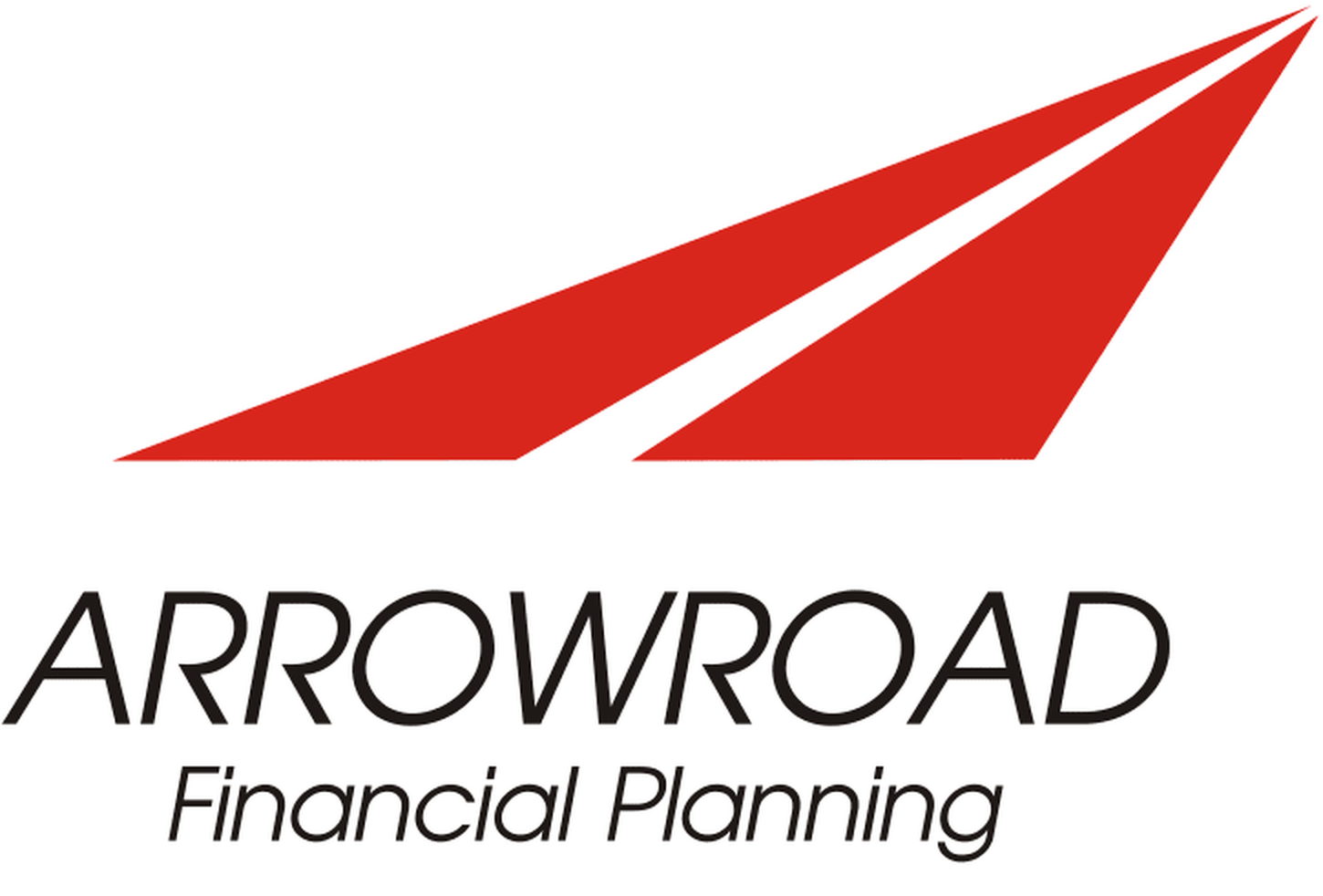Last updated on 20th Mar 2024
Centrelink provides several types of concession cards that can be used to reduce medical and pharmaceutical costs and, in some cases, provide other discounts. Here’s a breakdown of the different cards available:
Types of Concession Cards
- Pensioner Concession Card (PCC)
- Health Care Card (HCC)
- Low Income Health Care Card (LIHCC)
- Commonwealth Seniors Health Card (CSHC)
Types of Concessions
- Federal Government Concessions
- Bulk-billed medical appointments (at the provider’s discretion)
- Cheaper medicines under the Pharmaceutical Benefits Scheme (PBS)
- Lower thresholds before the PBS and/or Medicare safety net applies
- State/Territory/Local Government and Private Business Concessions
- Discounts on local council rates
- Health services (e.g., dental, optical, home care, hearing services)
- Education (e.g., school fee relief, training programs)
- Transport (e.g., car registration, driver’s licence fees, public transport fares, taxi fares)
- Utilities (e.g., electricity, gas, and water rates)
Pensioner Concession Card (PCC)
The PCC provides the widest range of concessions and is typically available to those receiving a Centrelink pension (e.g., Age Pension, Disability Support Pension, Carer Payment). If you receive a qualifying pension, the PCC will be automatically granted.
Health Care Card (HCC)
The HCC is available to individuals receiving a Centrelink allowance (such as JobSeeker Payment). It will be automatically granted if you receive a qualifying allowance.
Low Income Health Care Card (LIHCC)
Low-income earners can apply for the LIHCC. Eligibility is based on average weekly income for the eight weeks before applying for the card, with the following thresholds effective from March 20, 2024, until September 19, 2024:
- Single, no children: $769 per week ($6,152 over eight weeks)
- Single with one dependent child: $1,315 per week ($10,520 over eight weeks)
- Couple combined, no children: $1,315 per week ($10,520 over eight weeks)
- For each additional dependent child: $34 per week ($272 over eight weeks)
No assets test applies. Claims can be lodged via Centrelink online (accessed through myGov) or by completing the Claim for a Health Care Card form (SS050).
Commonwealth Seniors Health Card (CSHC)
The CSHC is available for self-funded retirees who meet income thresholds and have reached Age Pension age but do not receive Centrelink benefits. To qualify, one must:
- Be an Australian resident or a special category visa holder residing in Australia
- Be in Australia on the day of the claim
- Not be subject to a Newly Arrived Resident’s Waiting period
- Provide a tax file number (or an exemption if relevant)
- Meet the annual income test
- Not be receiving a Centrelink or DVA pension or income support payment
No assets test applies. The income test is based on adjusted taxable income (ATI) plus deemed income from account-based pensions (ABPs). The thresholds effective from September 20, 2023, until September 19, 2024, are:
- Single: $95,400 per annum
- Couple (combined): $152,640 per annum
- Illness separated couple (combined): $190,800 per annum
- For each additional child: $639.60 per annum
Claims for the CSHC can be made online via Centrelink (accessed through MyGov), by calling the Centrelink older Australians line on 132 300, or by completing the Claim for a Commonwealth Seniors Health Card form (SA296).
Disclaimer: This article contains general information only and does not take into account your individual objectives or needs. Before making any decision regarding a financial product, seek advice from an appropriately qualified professional. The information is believed to be accurate but should be confirmed with your tax or legal adviser.





